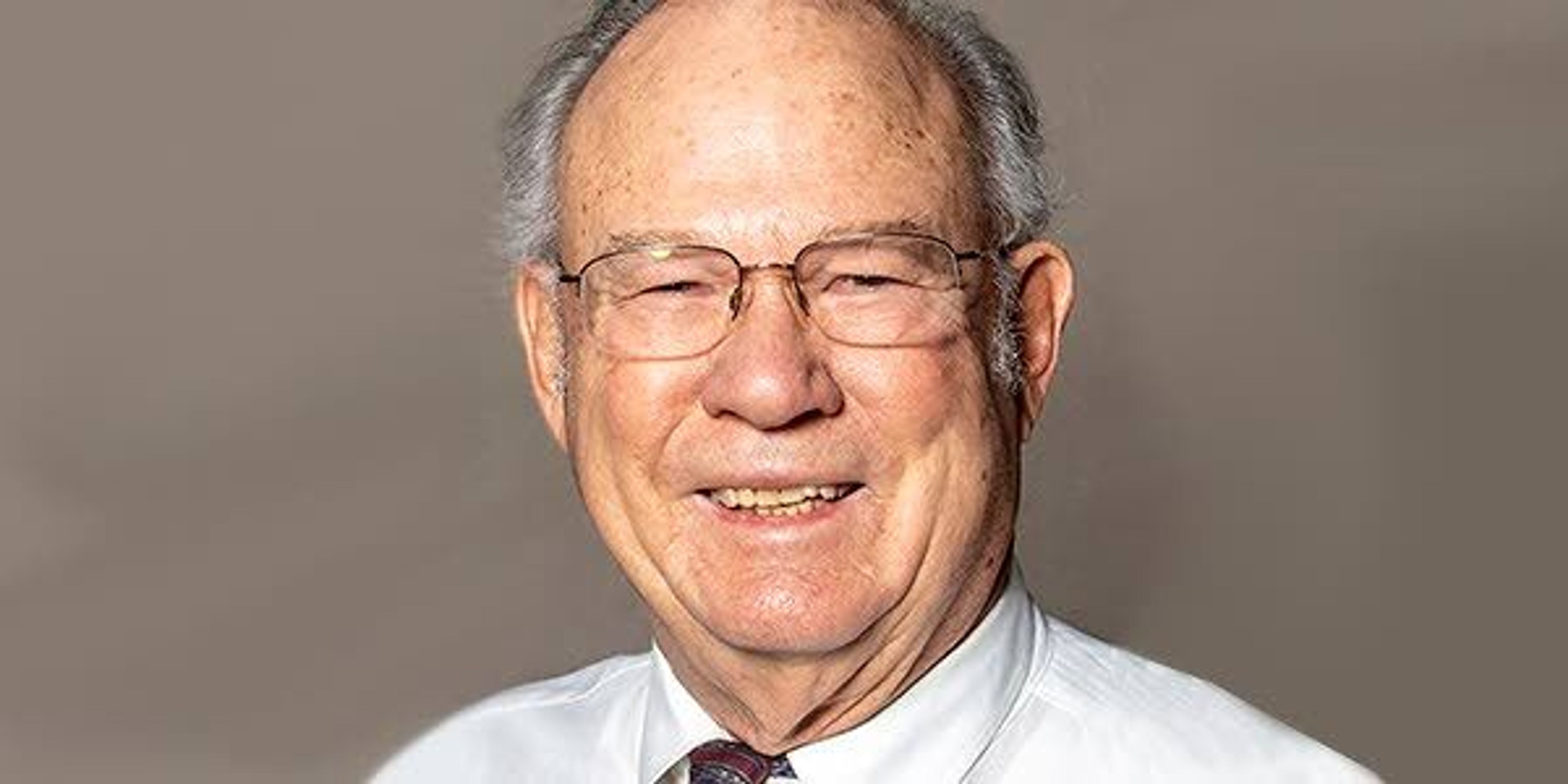Idaho’s attorney general puts himself before Idaho
Guest Editorial: Another Newspaper’s Opinion
This editorial was published by the Idaho Statesman of Boise.
———
In April 2022, Raul Labrador wrote an op-ed piece after announcing his run for Idaho attorney general.
In it, he was critical of then-Attorney General Lawrence Wasden.
“Wasden has repeatedly said that his job is to defend the bureaucracy of Idaho, not the people of Idaho,” he wrote. “Maybe this explains why he continuously fails to defend Idaho citizens’ rights. When an Idaho couple was threatened and fined by EPA federal government bureaucrats after they purchased land to build a home, 21 attorneys general from across the country came forward to support them before the U.S. Supreme Court. But their own Attorney General, Lawrence Wasden, was nowhere to be found.”
Here it is nearly a year later, and Labrador is Idaho’s attorney general, having defeated Wasden (based in part on such attacks as above).
On this very same issue, though, 24 attorneys general from across the country have come forward to support this Idaho couple, but now it’s Labrador who is nowhere to be found.
As Rebecca Boone of The Associated Press reported, 24 Republican-led states filed a lawsuit against new waterway protections proposed by the Biden administration.
Idaho Gov. Brad Little led the multistate coalition of Republican governors — from Virginia to Alaska — opposing the federal water rule, according to the AP, and attorneys general in those states then started working together to follow up with a lawsuit.
Labrador was invited to join the suit.
He didn’t.
Instead, he announced that he will join a different lawsuit filed by Texas. But that suit was filed more than a month ago, and arguments begin in just a couple of weeks.
Joining the multistate suit should have been a slam-dunk decision for Labrador, who campaigned on promises to fight federal overreach such as this.
It’s an issue that’s been brewing for years, going back to the Obama administration. President Donald Trump put an end to the so-called “Waters Of The United States,” or WOTUS, protections, which broadly defines what waters fall under federal oversight under the Clean Water Act. It got a northern Idaho couple in hot water when they tried to build a house on what was declared federally protected wetlands.
Labrador’s failure to join the suit is particularly hypocritical, since he used WOTUS as a talking point against Wasden in a televised debate last year.
“This is the federal government encroaching on the people of Idaho, on the sovereignty of the state of Idaho, and he refuses to lend a hand,” Labrador said, referring to Wasden during the debate.
According to emails obtained by The Associated Press, the decision not to join the multistate suit came as a surprise to the governor’s office and other state agencies, which technically are the attorney general’s clients.
“We were not consulted and knew nothing about the lawsuit until after it was filed,” Jess Byrne, the director of the Idaho Department of Environmental Quality, wrote in a Feb. 23 email to the governor’s office, obtained by the AP. Byrne called the situation “very concerning to say the least.”
“It would have been our recommendation to join the lawsuit had we been given the opportunity,” Byrne wrote, noting that when similar multistate lawsuits have been in the works, the Idaho attorney general has notified state agencies to see whether they want to join, according to AP. The governor learned of the lawsuit through a press release from Wyoming’s governor, Little’s spokesperson, Emily Callihan, told the AP via email.
If Labrador isn’t consulting with or informing the affected state agencies, on whose behalf is he working?
It sounds as if he’s working on behalf of himself, which is what this board predicted would happen when we endorsed his opponent in the November election.
The Idaho Attorney General’s Office is supposed to be a law office, not a political office.
This latest incident shows Labrador is running the office more like the latter.








